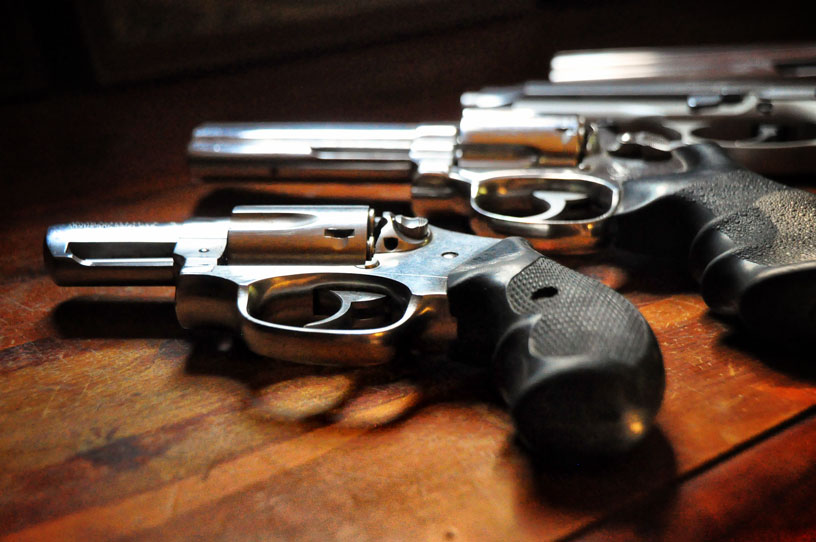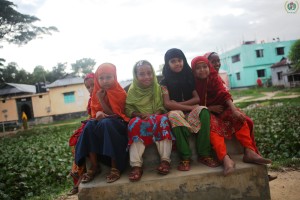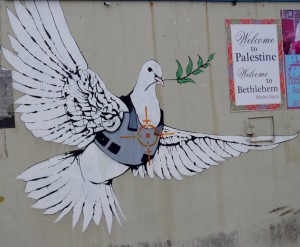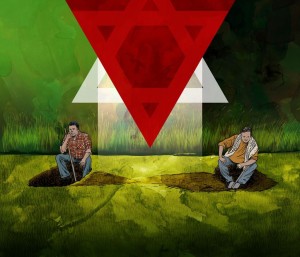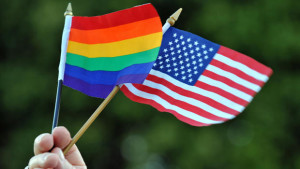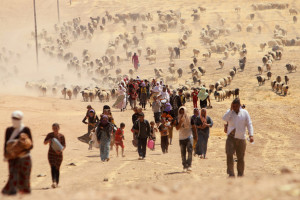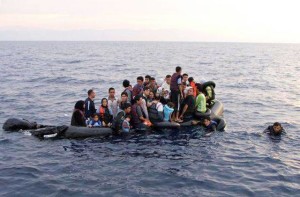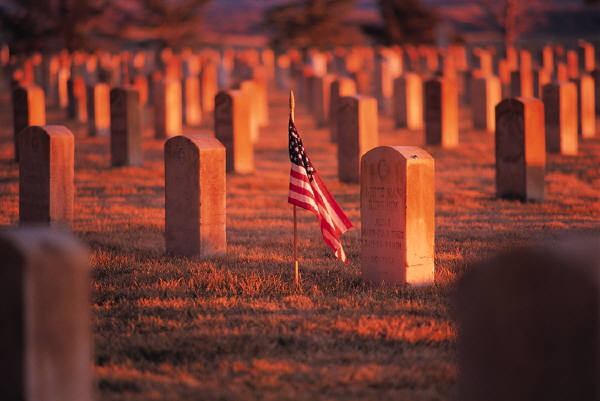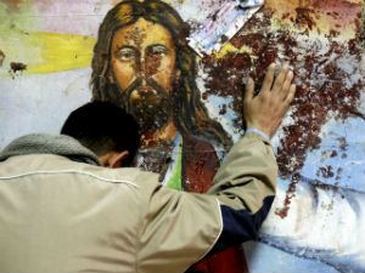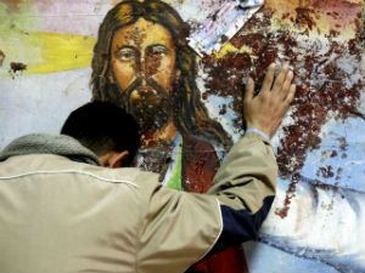Like clockwork, another tragedy. No surprise, just a matter of statistics playing out; the status quo continuing to unfold. Seventeen people losing their lives in a killing spree inside a high school should knock the breath out of me with its brutality, but instead I felt numb, because in a country where 33,000 people lose their lives in shootings each year, and where Columbine was a shock but school shootings are now par for the course, I’ve seen it all before. I could almost have written the news reports myself, even before I was told anything about what happened.
I’ve been hesitant to write or post anything about the school shooting in Florida because I haven’t wanted to add to the noise, and because we’ve all heard each other’s usual talking points so many times that we’ve lost the capacity to really listen to each other, or–perhaps even more crucially–to think creatively outside the either/or dichotomy we inhabit.
But this time, something is different. The teenagers who lived through the hell of the attack are speaking for themselves, repudiating empty words of condolence from the public and our leaders and demanding concrete changes to prevent this familiar cycle from continuing. That gives me hope, and it makes me wonder whether we may be reaching–at last–a tipping point where real change is possible. School children around the country are planning a walk-out on April 20th to demand gun law reform, and that is a powerful demand for action that has not happened before.
Maybe all this anger and wisdom from the children on the front lines of this crisis will be enough to interrupt the scripted narrative of polarized debate that we adults fall into after each new round of bloodshed.
So I’m going to risk saying what’s on my mind. And it’s not all or even primarily about gun control. I offer these thoughts as ideas to consider and to enter into dialogue about. Because although we may have different perspectives on how to solve the problem, I think we can all agree at this point in time that America has a problem with gun violence, and that if there is a solution–or even a way to mitigate the damage–it is worth spending the time needed to figure out what it is.
First of all, there has been a lot of talk about the mental health or illness of the gunmen who mow down people in malls and movie theatres and schools. As a society, we should absolutely make sure that people in psychological distress have access to the help they need, but I agree with clinical psychologist Laura Hayes when she points out in a 2014 article for Slate that mass murder is not a symptom of mental illness, and that to “blame mental illness for violent crimes” only serves to further stigmatize people with mental health issues. A quick comparison of the large number of people living in the United States with mental illness to the relatively small number of perpetrators of violent crime quickly demonstrates that having a mental illness is a very poor predictor of whether a person will become a murderer. “Violent crimes,” Hayes writes, “are committed by people who lack the skills to modulate anger, express it constructively, and move beyond it.” To put it bluntly, “Mentally ill people aren’t killers. Angry people are.”
But let’s take that a step further. It’s important to be specific about whose anger we’re talking about. The perpetrators of mass shootings in America are virtually all men and boys, which points to the fact that we live in a society in which men and boys are not taught (or expected) to control and process their anger. Gun violence in America is inseparable from the wider issue of male violence.
Violence prevention educator, filmmaker, and author Jackson Katz explains the connection this way:
“The media-driven conversation about the causes of school shootings and mass shootings tends to focus on two main issues: gun availability and mental illness. What this leaves out, of course, is the single most important factor: the gender of the perpetrators. It’s as if no one wants to talk about the 800-pound gorilla in the room—the stunning fact that 99 percent of school shootings, and at least 67 of the last 68 mass shootings overall, have been committed by men and boys. Instead there’s this endlessly de-gendered talk about psychopaths, shooters, killers, suspects, youths, perpetrators, and troubled teens. As a result, we never ask tough, basic questions about why it is that men and boys are far and away the most common perpetrators of this kind of violence… we talk about all of these other important—but in my view secondary—factors. And the result is that we don’t examine the role cultural ideas and narratives about manhood play in rampage killings and other manifestations of violence.”
(You can read the rest of that interview with Katz here.)
Speaking to the “secondary factor” of gun availability, the fact that guns being so widely available is not the root cause of the violence in our society doesn’t mean that current gun laws aren’t contributing to the problem and making it worse. While we’re doing the hard work of transforming “cultural ideas and narratives about manhood” that encourage violence, it also makes sense to legislate intelligently in order to keep deadly weapons out of the hands of men and boys intent on harming others.
In November of last year, following the gun massacre in Sutherland Springs, Texas, the Scientific American ran an article “about four feasible legal and policy changes that would be most effective” in preventing shootings, according to research. None of these policies involve “confiscating everybody’s guns,” and unless you have DUIs or past instances of violent crime on your record, they wouldn’t restrict your access to guns. The proposed changes were to:
- Require gun purchase permits;
- Ban individuals convicted of any violent crime from gun purchase;
- Make all serious domestic violence offenders surrender firearms; and
- Temporarily ban active alcohol abusers from firearms.
These changes are just one well-researched option for making smarter laws to keep guns out of the hands of potential killers. Since a wide range of gun laws have already been implemented in various states and in other countries, we have the luxury of drawing from a lot of research and real-world experience in exploring what changes make sense to implement on a nationwide scale in the U.S. As compassionate human beings and as voters in a democracy where we all bear responsibility for the laws that govern our society, we ought to be taking the time to educate ourselves so that we can contribute to the collective soul-searching and problem-solving that’s needed to make change.
We may not all agree on what an ideal solution looks like, but at this point, passively wringing our hands about the complexity of the issue is no longer an option. If we care about the kids dying on our streets and in our schools every year, then let’s be adults, roll up our sleeves, and take action.
